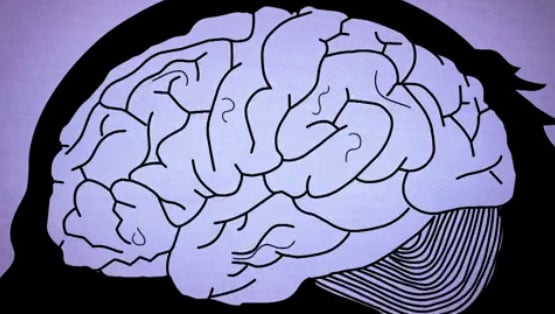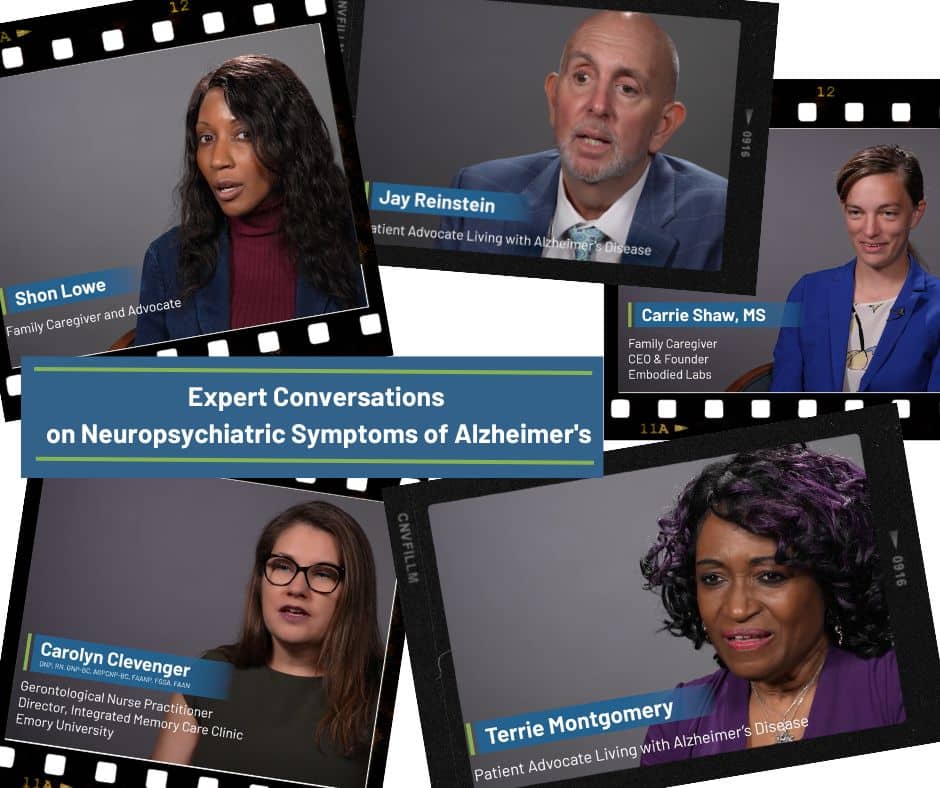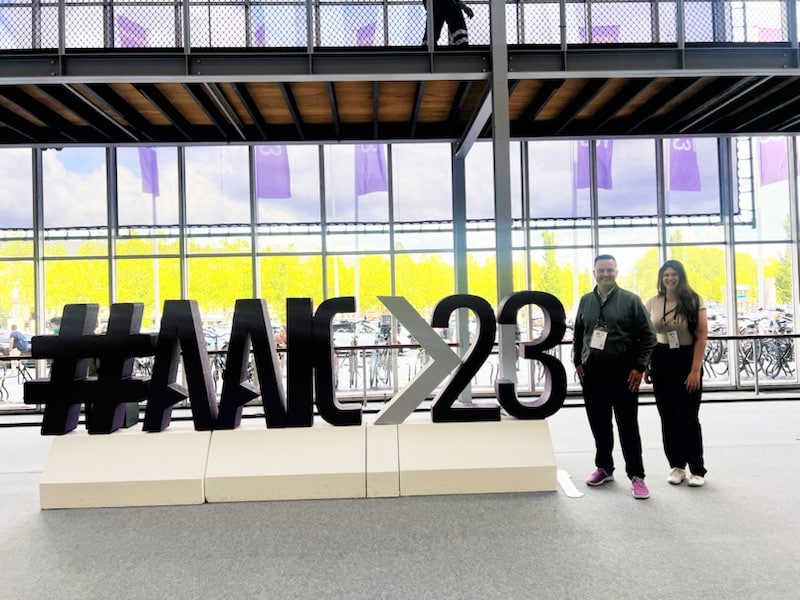
Although most of us will experience some degree of memory decline as we age, it will not affect our quality of life or day-to-day activities. However, memory loss caused by conditions like Alzheimer’s disease and dementia are a different matter altogether.
But how can we know whether we are experiencing “normal” memory loss or the onset of a more serious condition like dementia?
A good first step is to take a memory screening. According to the Alzheimer’s Foundation of America, a memory screening is “a simple and safe evaluation tool that checks memory and other thinking skills” that can be conducted with qualified health professionals such as physicians, nurse practitioners, social workers, and others. This confidential screening is composed of questions and/or tasks that test language skills, memory, and other areas. The results of the screening can then be discussed with a doctor.
It should be noted that a memory screening itself does not serve as a diagnosis for any memory-related disease and is not a substitute for a consultation with your health care practitioner. It is a tool designed to help determine whether a follow-up medical evaluation would be beneficial.
Memory screenings can be valuable because they can help individuals determine early on if they are at risk for a memory problem. Having this knowledge allows both the patient and their health care professional to adopt a proactive approach to lifestyle choices and medical treatment options.
As we recognize National Memory Screening Week, we share an initiative from the AFA called the National Memory Screening Program that provides “free, confidential memory screenings to individuals concerned about memory loss with the objective of early detection and intervention.” If you or a loved one would be interested in taking a memory screening, please consult this guide to find a screening in your area.
Finally, if you have questions about memory screenings, please look at this info page.





